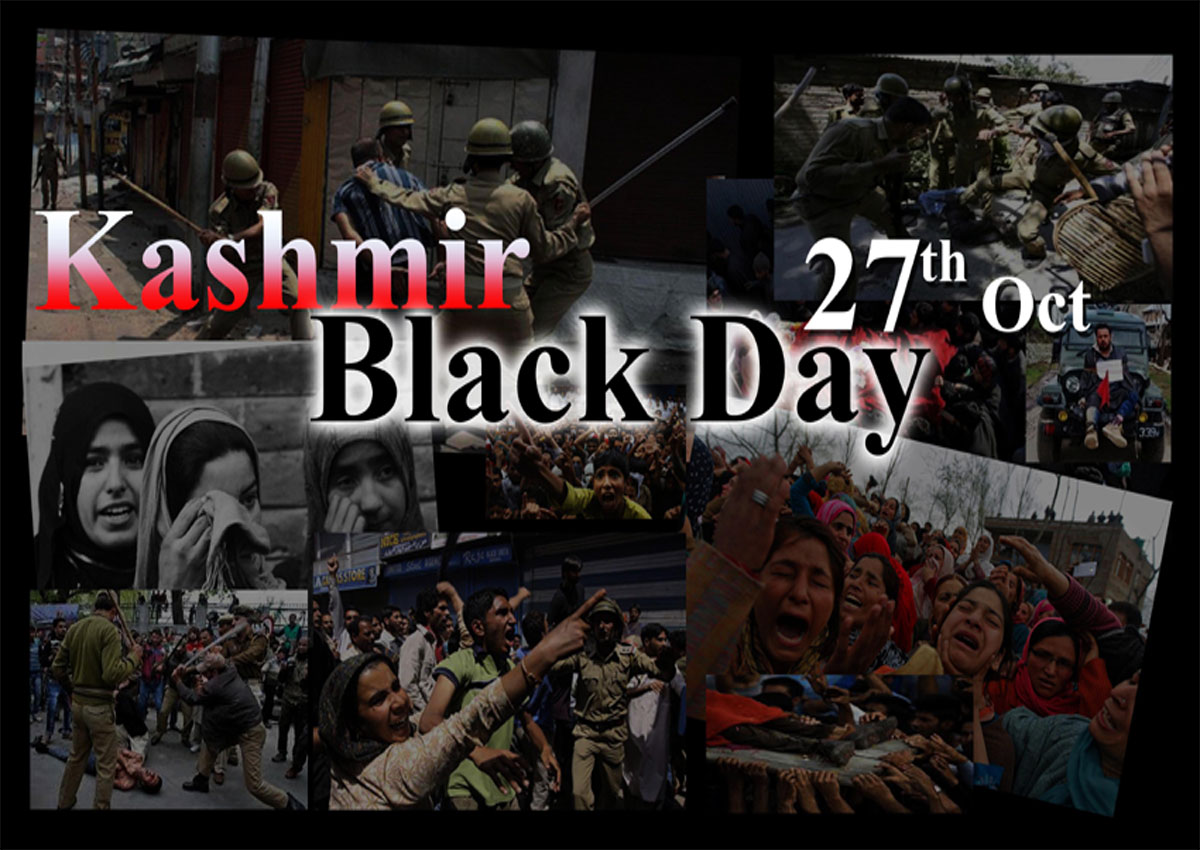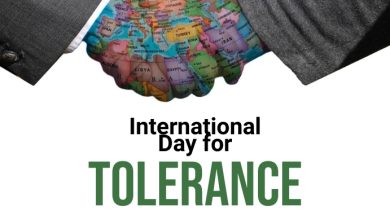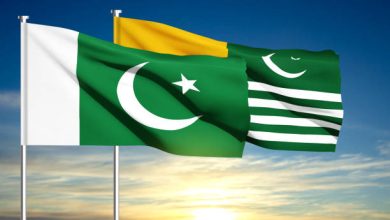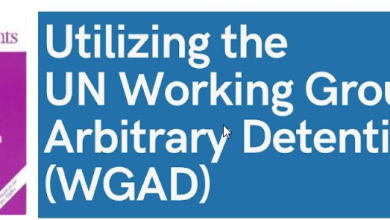Article: “Echoes of suffering: Human rights violations in the wake of Black Day”
Eman Arshad

Time is the greatest witness of Kashmir’s transition from the prettiest valley to the bloodiest battlefield. Once filled with the joyful sounds of children’s laughter and playful voices, the valley trembles with the haunting echoes of gunshots and mourning.
The Kashmir conflict has its roots in the partition of 1947 when princely states were given the option to accede with the state of their choice. The Maharaja of Kashmir faced a dilemma about joining India or Pakistan. Since the Kashmiri people were Muslim in majority, they wished to accede with Pakistan. This desire of the public was conveyed to the government through the Ilhaq e Pakistan resolution given by the Al Jammu and Kashmir Muslim conference on July 19th, 1947, which reflected the aspirations of both Kashmiri and Pakistani people. The Maharaja hoped to maintain Kashmir’s independence and did not immediately show interest in aligning with any side.
His indecision resulted in tensions on both sides of the border. Such tensions led Maharaja to sign a standstill agreement with India and Pakistan on August 12, 1947. While Pakistan agreed to have the standstill agreement, India refused by asking for further negotiations, those negotiations never took place. After the Radcliffe Award, which determined the boundary between India and Pakistan, was made public on August 17, the situation in Kashmir started to escalate. The district of Gurdaspur was supposed to be given to Pakistan due to its Muslim-majority population, but when the award was made public, three out of four tehsils were given to India, and only one district was given to Pakistan. The district of Gurdaspur, which was given to India, provided a gateway to Kashmir, and it was through this route that Indian forces occupied Kashmir.
The unjust division of the Gurdaspur district, India’s reluctance to standstill agreement, and Maharaja’s lack of decision power resulted in Poonch rebels, where the people of Poonch, stood up against their government for justice. This provided India a chance to intervene in Kashmir claiming to repress an alleged invasion from tribal militia. As a result, the Maharaja was asked to sign the instrument of accession with India. In a turn of events, it is claimed by India that the Maharaja wilfully signed the instrument of accession with India. However, the nature of the accession document remains contentious, as some argue that it was signed under duress. Shortly after Indian troops occupied the region, a large number of Muslims were brutally massacred in what would later be known in history as the Jammu Massacre. An estimated 20,000–100,000 Muslims were brutally murdered in Kashmir, as many were displaced or compelled to leave their homes.
On October 27, 1947, the Indian troops entered Kashmir, initiating a prolonged era of tyranny, and injustice. Each day, the Indian soldiers would randomly raid and ransack a house, arrest an innocent civilian, or kill people. The people of Kashmir kept fighting against the tyrannical rule, as India kept on increasing the number of troops in Kashmir. According to a media source,96,364 people have been killed since 1989 till now, and the number keeps on increasing day by day. 22, 977 women have been widowed, and a staggering number of 1,07,165 children have been orphaned. The detaines are subjected to unimaginable and inhumane torture. About 7,362 people have died of custodial killing till now. The Indian soldiers did not even spare women as 11,265 women have been the victim of gang rape.This chaos resulted in the loss of a large number of lives, mental trauma, and psychological disorders. Many people had to opt for illegal immigration and displacement to get out of their traumatic lives.
For the people of Kashmir, Black Day serves as a painful reminder of how they were deprived of their right to justice, the right to vote, education, shelter, and the right to life. For Pakistani citizens, this day is a bright reminder of how they had been cheated by partition. 2024 marks the 77th year of enduring suffering, pain, and loss. It reminds people of Kashmir how the international world remained silent when they were unjustly occupied, and how it still is. International law addressing crimes against humanity and war crimes has yet to be enforced in India, despite clear evidence of violence. The Indian administration’s refusal to withdraw troops directly contravenes the UNSC resolution 98, which calls for troop withdrawal to organize a peaceful plebiscite in the region.
The silence of the international community and the failure of global organizations to address this issue signals the demise of global peace and humanity. Despite Pakistan taking the Kashmir issue in front of the global community and the UN, no action has been taken. UNSC resolutions 47 and 80 which ask for a free and fair plebiscite remain unimplemented. India initially accepted UN resolutions but later referred to Kashmir as an integral part of India. This shift in rhetoric was viewed as a betrayal of promises to the Kashmiri people. The situation inKashmir was further exacerbated after India abrogated Articles 370 and 35A, depriving Kashmir of its special status. This illegal action aims to change the political, cultural, and demographic dynamics of the region.
This issue of Kashmir has been brought to light many times, but the international community has turned a blind eye to these people. The silent international forum is equally involved in the crimes against humanity. Therefore, there is an urgent need for a call for action by the implementation of UNSC resolutions. Indian authorities should be held accountable for the human rights violations they have been committing since 1947. The black day is a reminder for everyone to fulfill their duty of standing up against human rights violence and injustice, and to call for peace processes by recognizing Indian brutalities. After all, the international community and law-making bodies are the only ray of hope for the people of Kashmir.
(The writer is perusing BS International Relations at NDU, Islamabad, and Intern at Kashmir Institute of International Relations)








